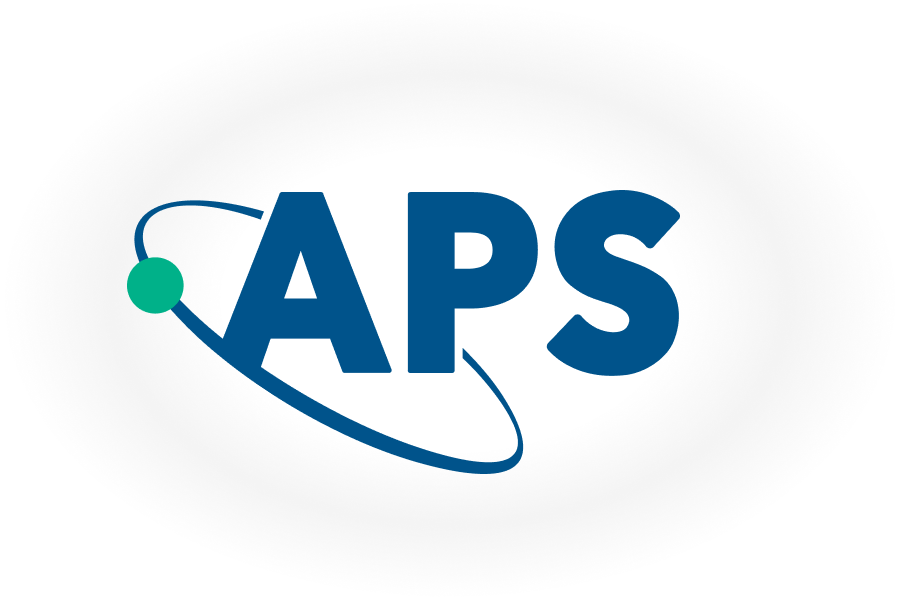Science policy and advocacy

APS is the voice for physics and the physics community in Washington, DC. We work directly with elected officials and legislative staff on issues important to our members and the physics community, while facilitating communication between physicists, the public, and the government.
Take action
There are many ways you can advocate for science policy, from contacting your members of Congress to writing op-eds and letters to the editor advancing physics and STEM.
APS letters
Learn more about ways that APS advocates for science through letters initiated by our leadership and coalition letters we support.
Discover ways in which APS leaders are standing for scientists and advocating on behalf of the scientific community.
APS knows that the scientific community is stronger when we stand together. APS participates in standing coalitions of like-minded organizations and often joins community letters on shared priorities to amplify our advocacy messages.
Reports and news
APS publishes reports and studies to provide compelling information and analysis on issues important to the physics community that can inform science policy. Through our publications, such as APS News, we also provide updates and opportunities for physicists to discuss policy issues.
Science policy legislative priorities
APS Statements anchor all of our policy activities and priorities. These statements are adopted as part of a process that gathers input from APS members and leaders.
View APS statements
2026 policy priorities
Each year, APS releases our federal, legislative priorities for Congressional Visits Day, part of the Annual Leadership Meeting. At this yearly event, APS leaders meet with their representatives in Congress to advocate on behalf of the APS community. This event kicks off our legislative activities for the year.
Discover APS's 2026 legislative policy priorities
Tools for effective advocacy
Explore our tools to help you be an effective advocate on science policy and other issues you care about.
APS advocacy wins in 2024
The National Quantum Initiative Reauthorization Act reintroduced
The National Quantum Initiative Reauthorization Act (H.R. 6213 and S.5411) was introduced with bipartisan support in both the House and Senate. This bill would renew the 2018 National Quantum Initiative Act, which expanded quantum research by establishing fourteen quantum research centers and increasing quantum physics grants. The reauthorization aims to build on the success of this national program to meet the infrastructure, technology, and workforce needs of quantum information science.
In 2024, more than one hundred APS advocates met with Congress to support the National Quantum Initiative Reauthorization Act, and volunteers across the country sent more than 300 letters to Congress. The bill gained four new cosponsors after outreach from APS advocates, building support within Congress.
Methane Emissions Bill Reintroduced
In 2024, APS members advocated in more than one hundred Congressional meetings for the policy recommendations laid out in the joint APS/Optica report titled “Monitoring Methane Emissions from Oil and Gas Operations.” Methane is a potent greenhouse gas and reducing its emission is an essential step for mitigating climate change.
To advance these recommendations, APS partnered with Rep. Sean Casten (IL - 6) to reintroduce the Methane Emissions Mitigation Research and Development Act (H.R. 7651). The bill would fill research and technology gaps that hinder effective monitoring and prevention of methane leaks APS members sent more than three hundred letters in support of this legislation, helping add three new cosponsors to the bill.
APS action on O-1A and H-1B visas
In 2024, APS worked to ensure fair consideration for foreign-born physicists applying for H-1B and O-1A visas. APS leadership wrote to the United States Citizenship and Immigration Services (USCIS), urging it to refine the criteria by which adjudicators for O-1A visas identify exemplary scientists. APS also asked USCIS to reject proposed language for H-1B visa rules that would require degree and job titles to match, inadvertently preventing physicists from holding physics-relevant jobs.
These efforts helped lead USCIS to clarify the standards its agents may use in reviewing applications for O-1A visas and reject the new restrictions on H-1B visas. These changes help allow talented international scientists to stay in the United States, supporting opportunities that crosscut many fields and disciplines.
APS Government Affairs staff
We encourage APS members, policy makers, and the public to contact us to learn more about our current and past policy and advocacy work, including our past policy priorities.










